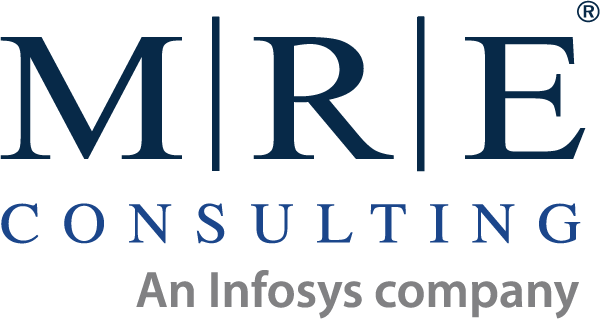By Janzen Small, Consultant
For a project team to be successful, collaborative working relationships are critical – and it’s the responsibility of the Project Manager to create a conducive environment for those relationships to flourish. Building a strong team dynamic enables transparent communication, two-way feedback, and collaborative problem-solving.
Establish clear communication channels
It’s important to set expectations early so project team members know how they can reach each other. Establishing the project’s communication channels upfront allows everyone to understand expectations and how to best get a hold of the other for collaboration. Secondly, it’s important to define what’s appropriate for escalations. For example, before a major go-live, I ensure we have a defined escalation path and contact information for decision makers in the event that an escalation is needed.
Foster connections that go beyond the project
Find something you can relate to on a personal level. Do you cheer for the same sports team or are you a fan of the same cuisine? Maybe you’re both into fitness? Finding a thing or two in common can help foster the relationship. It’s much easier to help a friend than just someone you email with on occasion. Keep in mind, this isn’t something that happens overnight, it’s something you need to invest and build naturally over time. Making friendly work connections can help bond the team together and make the work more enjoyable for everyone.
Plan around time zones and cultural holidays
Find out where your team members are located and be cognizant of time differences when scheduling calls or making requests that require timely responses. Putting in effort to accommodate everyone for a meeting can go a long way. I promise your teammates are much more willing to help if it’s not 8PM for them! Or if it’s unavoidable, take turns. Remember to consider regional holidays and be courteous of cultural differences.
Run effective meetings that respect people’s time
Provide a clear meeting agenda so participants understand what topics will be discussed and can prepare accordingly. After the meeting concludes, outline key decisions, document action items and associated owners, and determine next steps. When meetings are not organized and participants are not prepared, you open the door for disengagement and confusion. Providing the proper structure will result in more effective and efficient meetings that will set the team up for success.
Maintain your connections & never burn a bridge
After a project concludes, it’s easy to just move on to the next one. However, putting in the effort to maintain relationships post-project provides a platform for knowledge sharing and ongoing support. A sense of shared accomplishment can contribute to long-term success in future projects. You never know when you may work with this team again. Maintaining connections is just as important as building them!
Ultimately, it is the Project Manager’s job to lead the project team in its goal to deliver value to the organization through the project’s success. Implementing these strategies will help the team build the collaborative relationships for team success!




